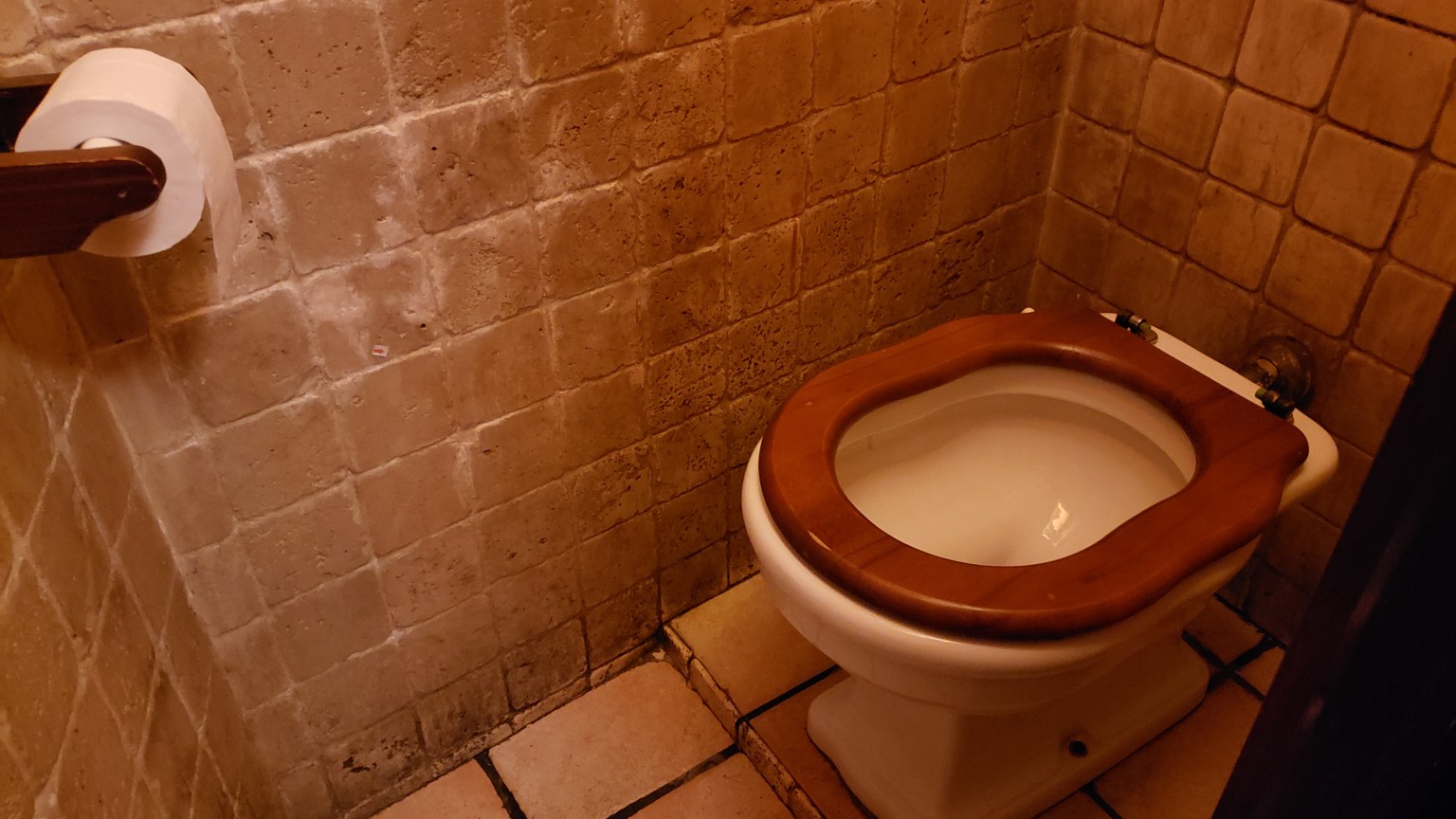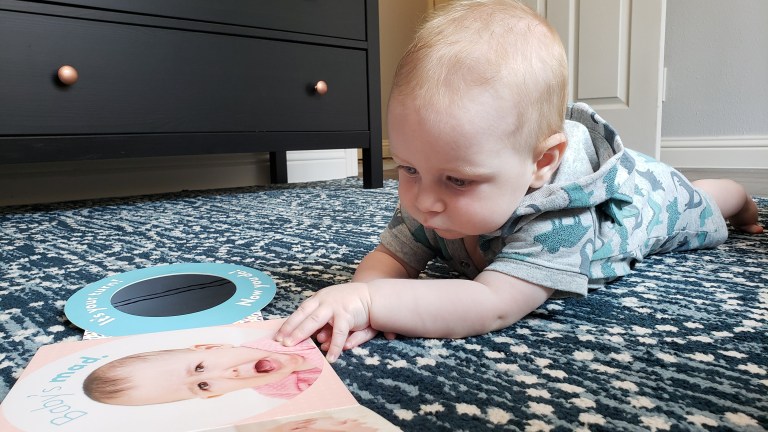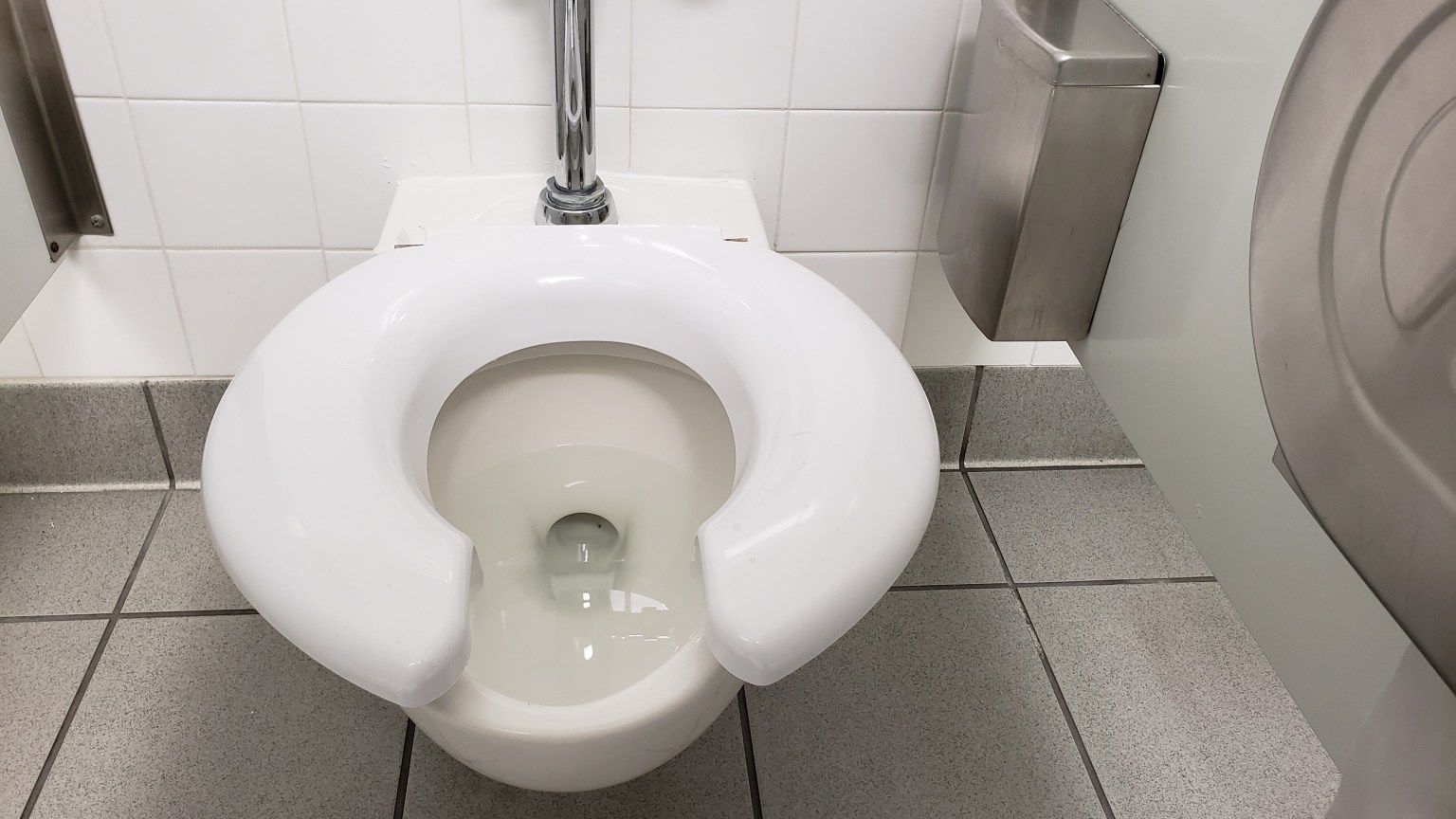Traveling is something we all do on a daily basis. To different degrees, we all travel outside of our homes – we travel to school, work, a family member's house, vacation. May be some of you internationally travel, or may be you've never been on a plane. Ultimately, you do leave your home, and very likely you have encountered a situation where you have had to use the restroom when you weren't in the comfort of your own home. People react to this situation differently, and sometimes this can lead to some – interesting – and possibly dysfunctional outcomes.
I've been traveling quite a bit lately – my husband and I haven't been home for a weekend in 6 weekends in a row. It's been exhausting, but we love to travel! I'm currently writing this over the Atlantic Ocean, returning from a 2-week trip to Italy with my husband (It was wonderful! Even being gluten and dairy intolerant!). Because I am who I am, and I do what I do, I couldn't help note the toilets, bathrooms, and the general toileting culture in Italy while we were there. Smaller, less accessible (and for a fee) toilets, economical flushing (smaller flushes for smaller outputs, and larger flushes for bowel movements), and napkin-like squares for toilet paper. For me, I never felt fully comfortable on toilets in Italy – they were just too narrow of a seat, in a tiny bathroom. But it's interesting, because for Italians, this is all they know, so for them, they are in their comfort zone. What makes you a successful toileter (and pooper) when you are outside of your norm and comfort zone, isn't the toilet or bathroom itself, but your ability to be flexible and adjust to the situation around you, all while continuing to be successful at pooping!
So, how do you stay successful with toileting when you're outside of your home toileting environment, and are elsewhere?
For some, it is easy, for others more difficult. I have met people that it is absolutely impossible. But what can you do to make the process easier?
Be purposeful. At home, you may have a typical diet, routine, and restroom set up. However, when you are out, some or all of these may be different. What matters is that you are able to acknowledge that the situation is different, but the ultimate necessity of urine and stool evacuating your body is still the same. Yes, constipation during travel is common. However, becoming a little more thoughtful about your bowel movement frequency may be helpful! When traveling, remember when the last time you had a bowel movement, so that you can give your body some additional opportunity if you haven't gone your typical frequency. Or maybe become a bit more purposeful in the amount of water you drink, to encourage your body to keep things moving. Invest slightly more time into toileting every now and then, to give your body an opportunity to go, even if you don't have the urge.
Avoid "the Hover." My husband had no idea what this was until I introduced it to him, so if that's the case for you, let me explain. For some, sitting on a toilet that many other people have also sat on, is less-than-desirable. For some, the resolution is to partially squat over the toilet, so they can evacuate without sitting bare bottomed on the toilet seat. "Hovering" is especially true for women, but I've spoken with men and boys who do this as well. I understand the desire to avoid sitting on a toilet many people have shared. However, I have two challenges to this.
- Number one, there isn't much of a health risk. This article shares some interesting studies about restroom bacteria and risk of infection, as well as information like the length of time bacteria can survive in an environment like a toilet seat.
- My number two challenge to choosing "the hover" over sitting in an appropriate position on a public toilet is the detriment inflicted on your body and its toileting habits far outweigh the benefits. Hovering is a partial squat. This means that your legs and core are activated and contracting, and if you've read anything I've previously written, or anything about the pelvic floor in general, you know that the pelvic floor is part of the core, and that if the pelvic floor is contracting, evacuation of urine and stool become mechanically more difficult, as well as inhibiting the neurological system from facilitating the internal contractions that need to occur to assist to evacuate urine and stool out fully. So, what hovering can lead to, is an incomplete evacuation, meaning there is stool and/or urine remaining inside, even though you attempted to eliminate everything. This can lead to frequent toileting, or if this happens consistently enough, it can lead to chronic incomplete evacuation.
Travel aids can be helpful. The Squatty Potty makes a portable (Porta-Squatty Foldable, go anywhere, light weight.) potty stool for improved positioning. This means that even though your hotel toilet has a much higher seat than yours at home, you can still accommodate and use a stool to help improve positioning. Travel wet wipes can make your toileting experience more comfortable and like home. Practice good hygiene; and check out the article above, which one of the studies cites and 8-year-old girl who contracted gonorrhea because she wiped an airplane toilet prior to toileting, then wiped, and then contracted the infection – so may be re-think wiping down the toilet seat prior to toileting, and trust that most bacteria can't live on a toilet seat. Use multiple restroom opportunities to your advantage. If you're toilet-shy, find a far-off toilet. But in my humble opinion, going when you NEED to go (versus when you find a secluded toilet) is the best option. So, you could also do what I do, which is to acknowledge that everyone has bowel movements, and that yours is no different – so go when you need to! (Even if you're in the stall next to a stranger).
Traveling can be a challenge in so many ways. The packing, timing, negotiating new places and different modes of transportation. The increased stress from it all in itself creates such an opportunity for increased pelvic floor tone and decreased bowel movement frequency. But there are small actions you can make to make the process easier, to make your bowel movements as similar to how they are at home! Happy traveling, and happy toileting!
Has traveling or being out of the house ever affected your bowel movement schedule? What have you done to help it? Could you try any of the items I mentioned above? Do you have anything to add? Please share!
Related Posts










